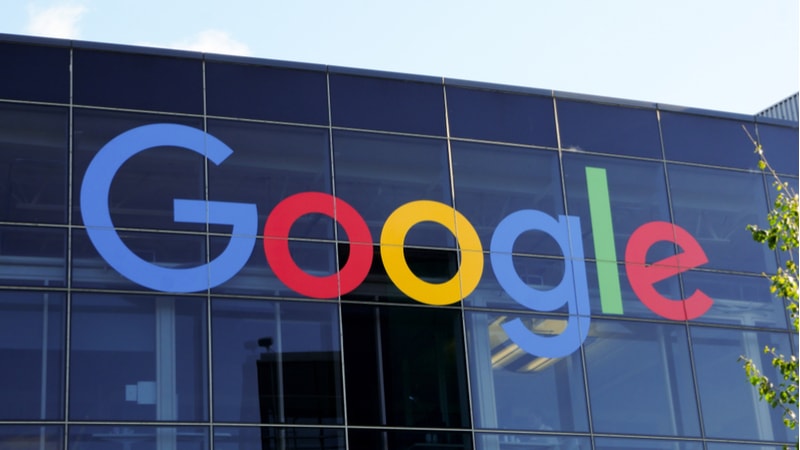
As federal agencies move into the digital age, artificial intelligence is changing the way that the government collaborates, streamlines workflows, and secures sensitive data, said Jeff Brown, lead of Google’s Global Public Sector Workspace, during a recent MeriTalking podcast.
As AI and other technologies quickly advance, agencies are looking for ways to move from legacy systems and paper-based processes to those that are digital and secure, Brown explained, saying that recent tools are helping agencies meet those needs.
“What I’m seeing is there is a shift … if you think about what federal agencies are experiencing, and it’s things like just scattered documents all over the place, email chains, separate databases, separate applications with all their different data,” said Brown.
“I really feel what agencies are realizing is they just cannot afford to have all this critical information essentially locked away in hard drives and buried in decades of infrastructure,” he continued.
Google Workspace is an innovative offering that provides agencies with a centralized digital workspace which combines email, chat, video conferencing, document creation, and AI-powered features like Gemini and Notebook LM within a secure cloud environment.
This integrated approach “doesn’t just make collaboration easier, it makes it smarter,” said Brown.
AI within Google Workspace is also giving federal workers what Brown called “superpowers” by summarizing key findings, drafting language and centralizing data – with Gemini 2.5 being able to turn an executive order into a web page and emergency response app in minutes, making policy development and crisis communications more citizen-focused.
Google is also working to turn Gmail into a central hub where federal workers can check calendars, schedule meetings, share files, chat, and join video calls without leaving the interface – and with Gemini layered on top to help summarize long email threads and extract action items.
Looking to the future, Brown predicted that “the government worker isn’t just using AI, they’re actually collaborating with it.”
“So instead of a single chat bot, or instead of going into single AI applications, they’re basically going to be using and collaborating … [with something] like digital deputies,” said Brown, explaining that “one AI agent might be an expert in procurement regulations, and another in public health data, a third in citizen communication and different feedback.”
“This isn’t about AI making decisions, it’s about human-led teams with incredible, powerful AI assistance taking away and creating a much easier process for them,” continued Brown. “It all comes together with, like, a seamless, intuitive user experience.”
